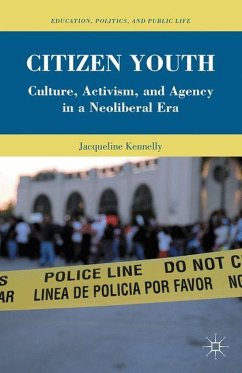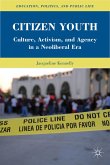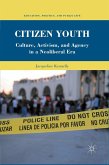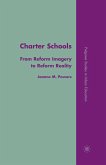What are the ties that bind the 'good youth citizen' and the youth activist in the twenty-first century? Contemporary young people are encouraged - through education and other cultural sites - to 'save the world' via community projects that resemble activism, yet increasingly risk arrest for public acts of dissent. Citizen Youth goes to the heart of these contradictions, exploring the dilemmas and cultural dynamics of being young and politically engaged. Through an ethnographic study of young people working on activist causes across the three largest urban centres in one of the wealthiest nations in the world (Toronto, Montreal, and Vancouver, Canada), this book draws on Bourdieusian cultural sociology, feminist theories of agency, phenomenology, and political theories of the state and neoliberalism to understand what it means to be a certain kind of youth citizen in the twenty-first century. Accessibly written yet theoretically engaged, the book will be of interest to individuals both within academia and in the wider world of social movements and youth engagement.
"This richly theorised, fascinating study of young activists should be read by all social scientists. It reinvigorates debates on social movements and the problem of youth, whilst providing a much-needed antidote to the current pessimism about the possibilities of activism and the political engagement of young people." - Diane Reay, Professor of Education, Cambridge University








